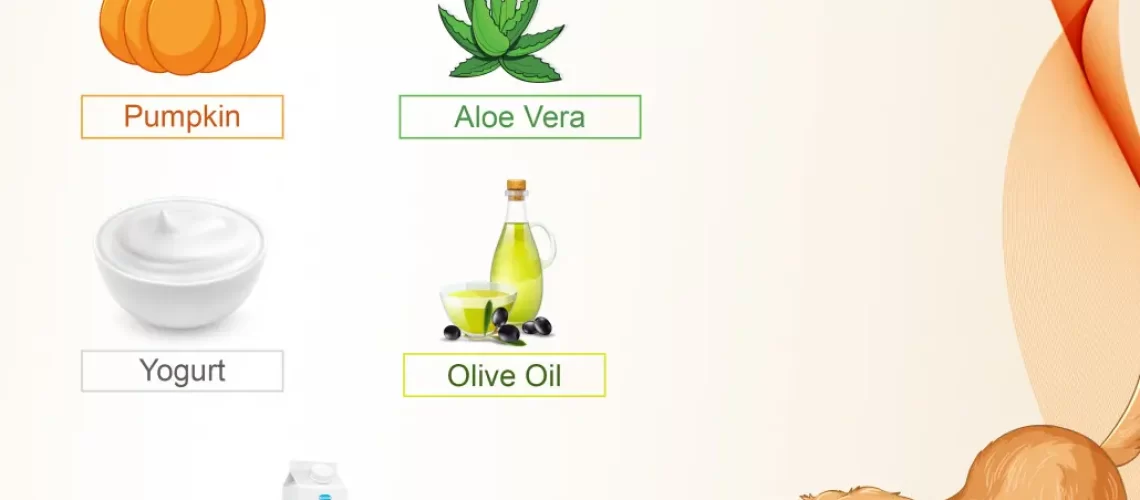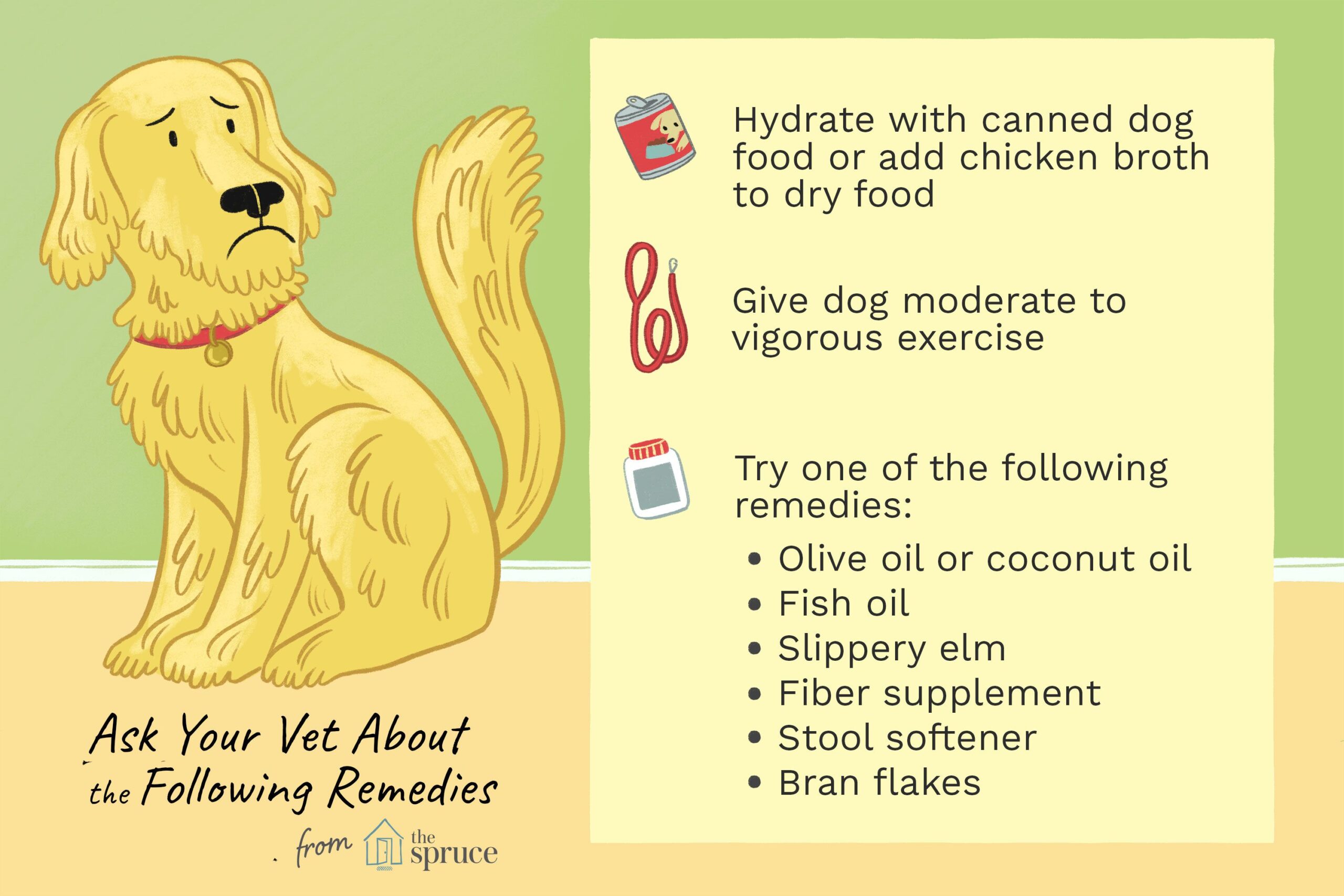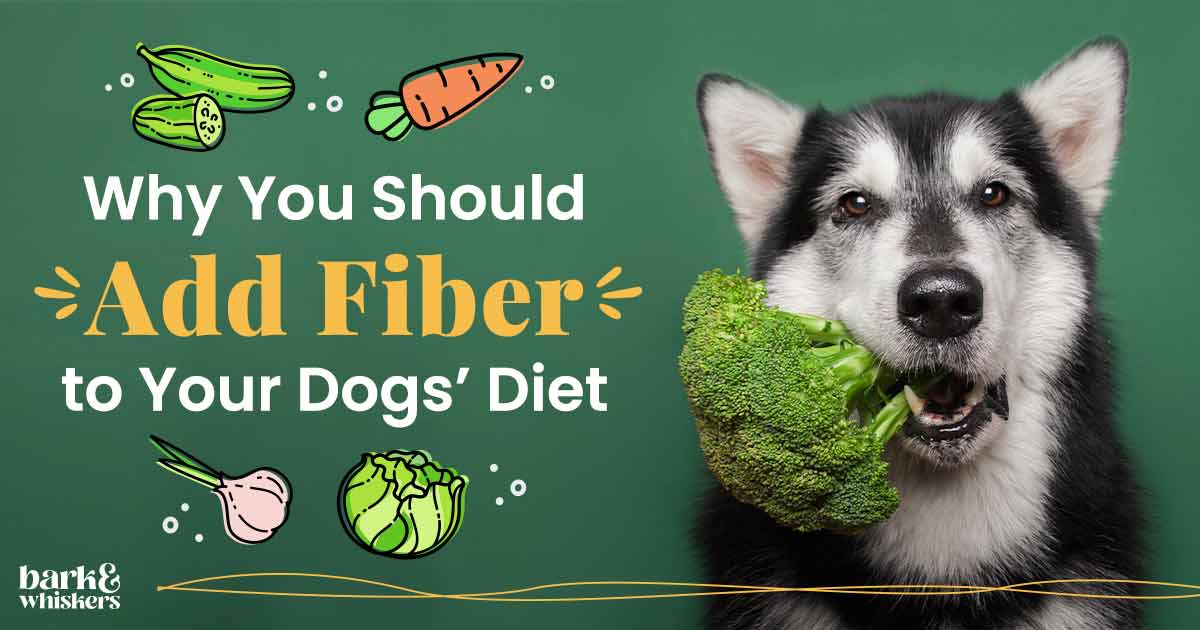Key Takeaways:
- Constipation in dogs can be caused by various factors such as dehydration, lack of fiber in the diet, or underlying medical conditions.
- Common symptoms of constipation in dogs include straining during bowel movements, infrequent or no bowel movements, and dry or hard stools.
- In mild cases of constipation, increasing water intake and adding more fiber to the dog's diet can help alleviate the issue.
- If a dog is experiencing severe or prolonged constipation, it is important to consult a veterinarian for proper diagnosis and treatment.
- Preventing constipation in dogs involves maintaining a balanced diet with adequate hydration, regular exercise, and monitoring for any changes in bowel habits or overall health.
Are you a proud dog owner? If so, then you know how important it is to keep your furry friend healthy and happy. But what if I told you that there's a topic that could significantly impact your dog's well-being? That's right, we're talking about constipation in dogs. Now, I know what you might be thinking - why should I care about this seemingly mundane issue? Well, let me tell you why understanding constipation in dogs is essential. Did you know that nearly 10% of all dogs experience constipation at some point in their lives? That's a staggering statistic! By delving into this topic, not only will you gain valuable knowledge on how to prevent and treat constipation in your beloved pet, but you'll also be able to spot the early warning signs before they become more serious health concerns. So, whether you're a seasoned dog owner or just starting out on this incredible journey, buckle up as we dive into the world of constipation in dogs and discover how we can keep our furry friends happy and healthy for years to come.
Understanding Constipation in Dogs: Causes and Symptoms
Causes of Dog Constipation
Constipation in dogs can be caused by a variety of factors. One common cause is inadequate fiber intake in their diet. Fiber helps to add bulk to the stool, making it easier for the dog to pass. If a dog's diet lacks sufficient fiber, their stools may become hard and difficult to pass.
Another possible cause of constipation is dehydration. When a dog doesn't drink enough water, their body absorbs more moisture from the colon, resulting in dry and hard stools. Lack of exercise can also contribute to constipation as physical activity helps stimulate bowel movements.
Symptoms of Dog Constipation
Detecting constipation in dogs can be challenging since they cannot communicate their discomfort directly. However, there are several signs that may indicate your dog is constipated. One common symptom is straining or difficulty while trying to defecate. Your dog may appear uncomfortable and make repeated attempts without success.
Another symptom is a decrease in the frequency of bowel movements. If your dog typically has regular bowel movements but suddenly goes several days without passing stool, it could be a sign of constipation. Additionally, if you notice your dog having small, dry, or hard stools instead of their usual well-formed ones, it may indicate constipation.
Signs of Dog Constipation: How to Tell if Your Pet is Affected
Observing Behavioral Changes
If you suspect your dog might be constipated, pay attention to any changes in their behavior. Dogs with constipation often exhibit signs of discomfort such as restlessness or pacing around. They may also repeatedly lick or bite at their rear end as they try to alleviate the discomfort caused by constipation.
Another behavioral change to look out for is a loss of appetite. Constipated dogs may lose interest in food due to the discomfort in their digestive system. If your dog suddenly becomes disinterested in eating or shows signs of nausea, it could be related to constipation.
Physical Signs and Examination
Physically examining your dog can also provide clues about their constipation. Check their abdomen for any bloating or distention, as this can be a sign of a blockage in the intestines. Additionally, gently feeling their lower abdomen may reveal hard or impacted stool.
During a rectal examination, you may notice that the rectum feels dry and firm instead of moist and flexible. However, it is important to remember that rectal examinations should only be performed by a veterinarian to avoid causing harm or discomfort to your pet.
Natural Remedies for Dog Constipation: Home Solutions to Provide Relief
Increasing Fiber Intake
If your dog is experiencing constipation, one natural remedy you can try at home is increasing their fiber intake. Adding fiber-rich foods such as canned pumpkin (not pie filling) or cooked sweet potatoes to their meals can help soften the stools and promote regular bowel movements.
You can also consider using over-the-counter fiber supplements specifically formulated for dogs. These supplements are available in powder or chewable form and can be mixed with your dog's food. Always follow the recommended dosage instructions provided by the manufacturer.
Promoting Hydration
Ensuring your dog stays hydrated is crucial for preventing and relieving constipation. Make sure clean and fresh water is readily available for your pet at all times. You can encourage them to drink more water by adding low-sodium chicken broth or water from canned tuna to their bowl.
If your dog is reluctant to drink, you can try offering them ice cubes made from low-sodium chicken broth or water. Some dogs find this more appealing and may be more likely to lick or chew on the ice cubes, increasing their overall fluid intake.
When to Seek Veterinary Help for Your Constipated Dog
In most cases, constipation in dogs can be relieved with simple home remedies. However, there are situations where it is necessary to seek veterinary help. If your dog's constipation persists for more than two days despite trying natural remedies, it's important to consult a veterinarian.
Other signs that warrant veterinary attention include severe abdominal pain, vomiting, lethargy, loss of appetite, or if you notice any blood in the stool. These symptoms could indicate a more serious underlying condition that requires medical intervention.
Preventing Dog Constipation: Common Causes and Prevention Tips
Dietary Considerations
- Ensure your dog's diet includes an appropriate amount of fiber. High-quality commercial dog foods often contain adequate fiber levels for healthy digestion.
- Avoid feeding your dog excessive amounts of bones or fatty foods as they can contribute to constipation.
- Consider adding small amounts of fruits and vegetables (such as carrots or green beans) as treats or meal additions to increase fiber content.
Regular Exercise
Regular exercise plays a crucial role in maintaining a healthy digestive system for dogs. Taking your dog for daily walks or engaging them in interactive play sessions helps stimulate bowel movements and prevents constipation.
Diet and Exercise for a Healthy Digestive System in Dogs: Preventing Constipation
Importance of a Balanced Diet
A balanced diet is essential for promoting a healthy digestive system in dogs. Providing them with high-quality commercial dog food that contains the necessary nutrients, including fiber, helps maintain regular bowel movements and prevents constipation.
Exercise for Digestive Health
Regular exercise is not only beneficial for your dog's overall well-being but also crucial for their digestive health. Engaging in physical activities such as daily walks, playing fetch, or participating in agility training helps keep the digestive system active and promotes regular bowel movements.
In conclusion, constipation in dogs is a common problem that can cause discomfort and health issues. It is important for dog owners to be aware of the signs and take appropriate steps to prevent and treat constipation in their furry friends.
How long is it OK for a dog to be constipated?
There is no specific rule, but most veterinarians suggest scheduling an examination if your dog does not have a bowel movement for more than 48 to 72 hours.
Why is my dog trying to poop but nothing is coming out?
There are various reasons why dogs may experience constipation, with some of the most frequent factors including the ingestion of toys, gravel, plants, dirt, and bones that become stuck in the intestinal tract. Other causes can include a lack of exercise and an imbalance of fiber in their diet.
What if my dog hasn't pooped in 2 days?
If your dog has not had a bowel movement for more than 24 hours, it is important to have it examined by a veterinarian. If you are concerned about your dog's constipation, you can call your vet or, outside of regular hours, contact the closest Vets Now. If it is not an emergency but you would like some guidance, you can schedule an online video consultation with our veterinarians.
What can I give my dog at home if she's constipated?
You can try giving your dog pumpkin, probiotics, fresh water, bone broth, wet food, olive oil, mineral oil, or exercise as potential remedies. These treatments can be used together, so you can experiment with a combination of any or all of these options. However, if your dog has not had a bowel movement for 48-72 hours, it is advisable to visit your veterinarian.
Will dog constipation resolve itself?
If your dog is constipated and the issue persists for more than a day or two, occurs repeatedly, or if you suspect your dog has swallowed something foreign, it is crucial to seek immediate emergency care from a veterinarian. Please keep this in mind. (Date: Dec 15, 2021)
Do dogs drink water when constipated?
Ensure that your dog has access to clean and fresh water to treat dog constipation. Giving your dog enough hydration can help alleviate symptoms of constipation. In some cases, feeding wet food instead of dry food may be beneficial.

















